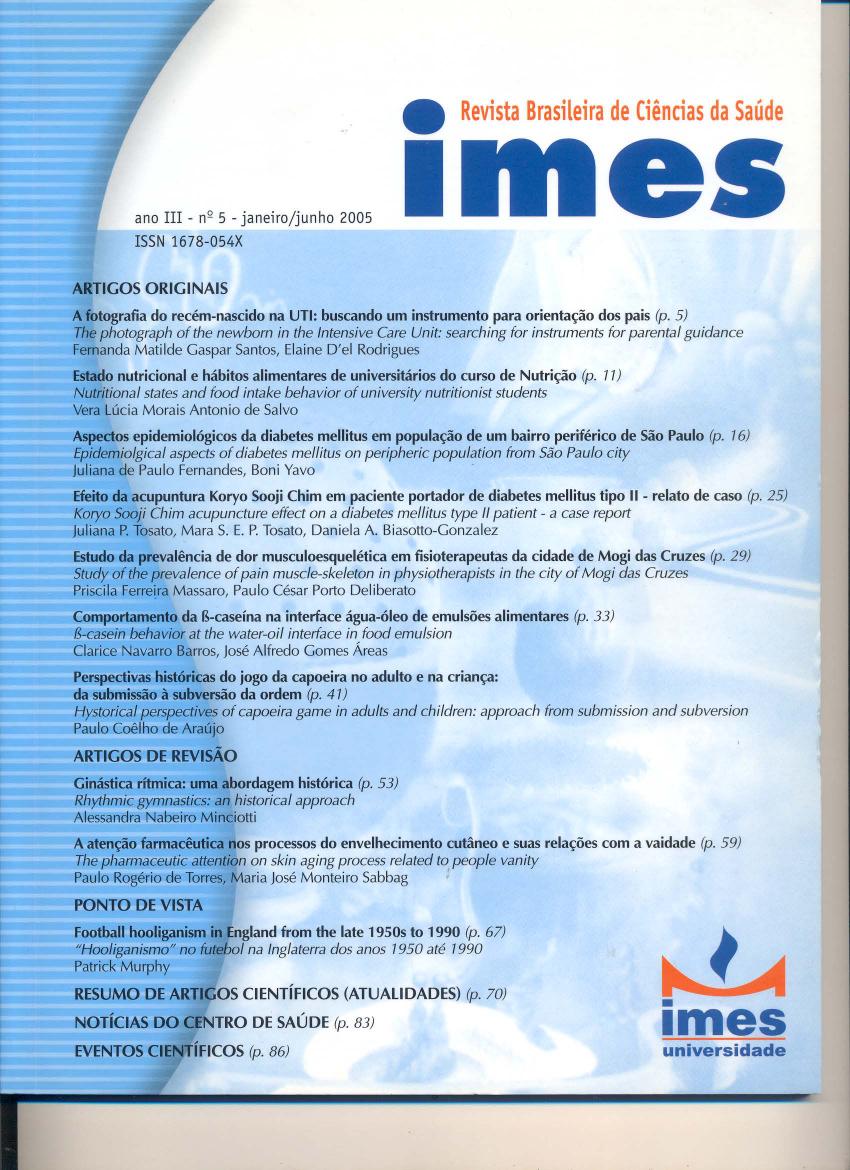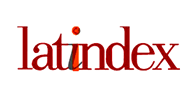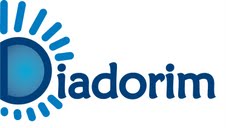ESTADO NUTRICIONAL E HÁBITOS ALIMENTARES DE UNIVERSITÁRIOS DO CURSO DE NUTRIÇÃO NUTRITIONAL STATES AND FOOD INTAKE BEHAVIOR OF UNIVERSITY NUTRITIONIST STUDENTS
DOI:
https://doi.org/10.13037/rbcs.vol3n5.639Palavras-chave:
nutrição, estado nutricional, universitários.Resumo
Com o objetivo de verificar o estado nutricional e hábitos alimentares de universitários, foram avaliadas 68 alunas do 4° ano do curso de Nutrição, dos perídos matutino e noturno, de uma universidade privada, com idades entre 20 e 50 anos. Utilizou-se para a coleta de dados um questionário de autopreenchimento, com 28 questões que abordavam aspectos nutricionais, demográficos e de saúde. O estado nutricional foi classificado a partir do IMC (OMS, 1997). A eutrofia foi o estado nutricional predominante, 86,1%, seguido de 4,6% com baixo peso e 9,3% com pré-obesidade. Dentre os universitários, 53% julgaram sua alimentação inadequada, principalmente pela falta da ingestão de frutas, verduras e legumes e 88% realizavam pelo menos três refeições diárias. O conhecimento cognitivo sobre alimentação pode melhorar o hábito alimentar de estudantes de Nutrição, mas não é suficiente para evitar práticas de saúde inadequadas e desequilíbrios no estado nutricional.Downloads
Downloads
Edição
Seção
ARTIGOS ORIGINAIS
Licença
Proposta de Política para Periódicos que oferecem Acesso Livre Adiado
Autores que publicam nesta revista concordam com os seguintes termos:
- Autores mantém os direitos autorais e concedem à revista o direito de primeira publicação, com o trabalho licenciado simultaneamente sob uma licença
https://creativecommons.org/licenses/by-nc-nd/4.0/, permitindo o compartilhamento do trabalho com reconhecimento da autoria do trabalho e publicação inicial nesta revista.
- Autores têm autorização para assumir contratos adicionais separadamente, para distribuição não-exclusiva da versão do trabalho publicada nesta revista (ex.: publicar em repositório institucional ou como capítulo de livro), com reconhecimento de autoria e publicação inicial nesta revista.
- Autores têm permissão e são estimulados a publicar e distribuir seu trabalho online (ex.: em repositórios institucionais ou na sua página pessoal) a qualquer ponto antes ou durante o processo editorial, já que isso pode gerar alterações produtivas, bem como aumentar o impacto e a citação do trabalho publicado (Veja O Efeito do Acesso Livre).









